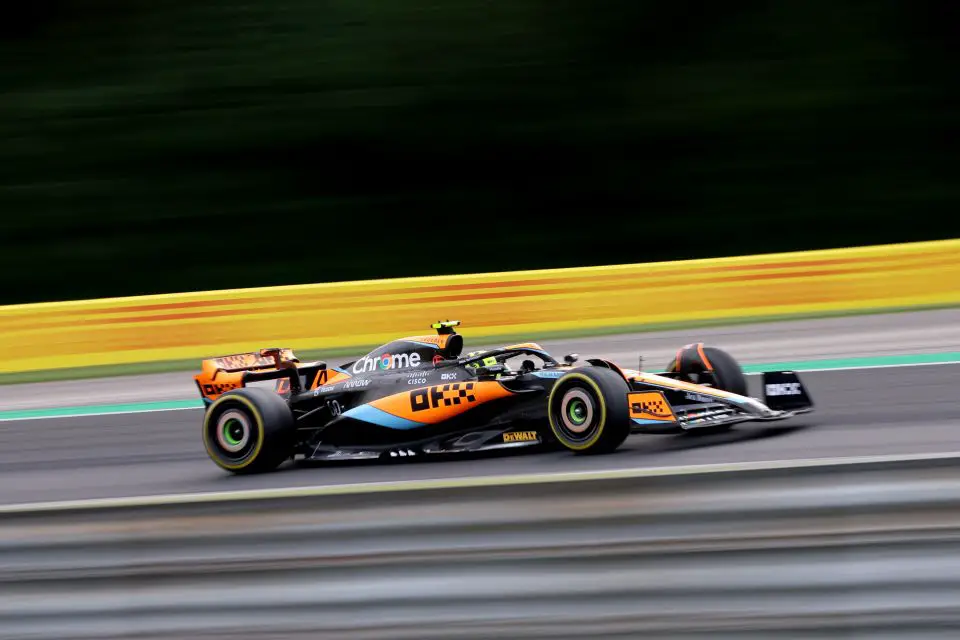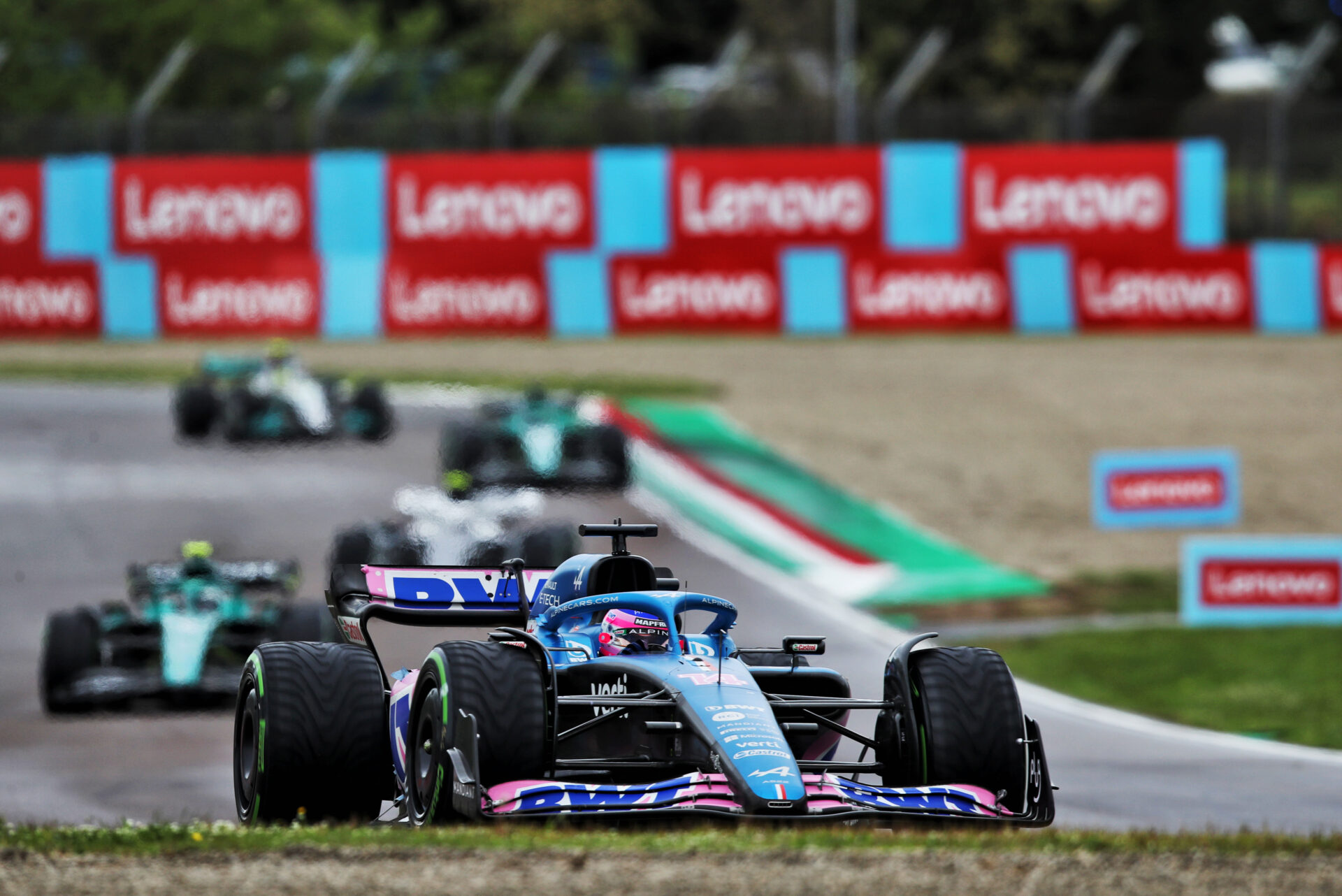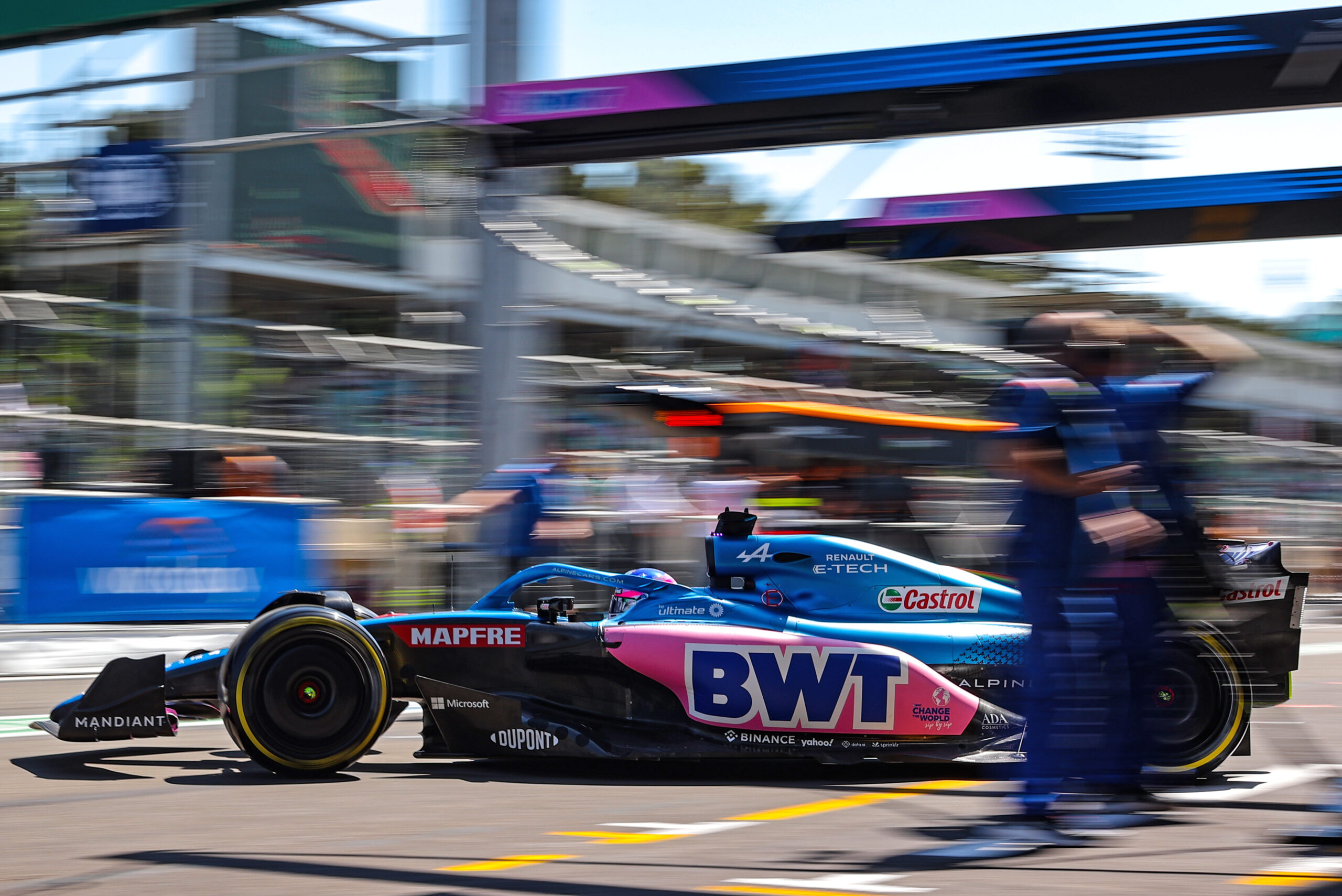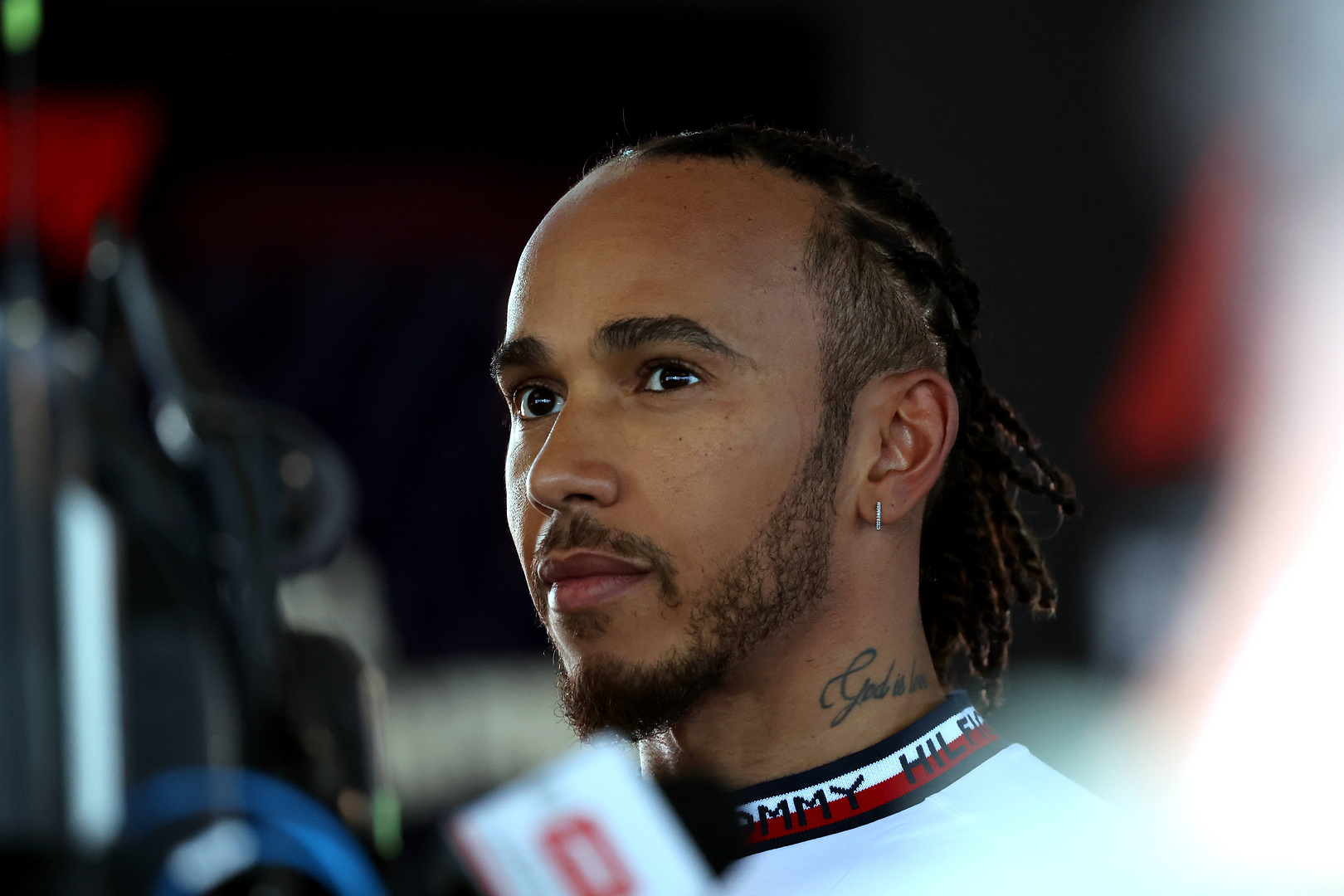Martin Brundle’s Insight: 2024 Formula 1 Season Promises Tighter Competition and Exciting Racing Dynamics
Former Formula 1 driver Martin Brundle anticipates a more competitive and thrilling 2024 season due to the “Law of Diminishing Returns”. His theory suggests a tighter grid, promising fans an exhilarating racing experience.
Key Takeaways:
- Red Bull’s Dominance in 2023: In the previous season, Red Bull, with its RB19 car, won 19 out of 22 Grand Prix races. This led to a somewhat predictable season, with the real racing action happening behind the leading car.
- The Concept of Diminishing Returns: Martin Brundle explained that there’s a limit to how much Red Bull can improve their car under the current regulations. After a certain point, improvements yield lesser gains, allowing other teams to catch up.
- Prospects for Other Teams: Brundle expressed optimism for teams like McLaren, citing their strong driver lineup and consistent car improvements. He stressed the importance for multiple teams, including Ferrari, Aston Martin, and Mercedes, to close the gap with Red Bull.

Article: The 2024 Formula 1 season is shaping up to be one of the most exciting in recent history, as per the insights of former F1 driver Martin Brundle. Brundle, an experienced figure in the world of motorsports, discussed the potential for closer racing and a more competitive grid in the upcoming season. His theory revolves around the concept of the “Law of Diminishing Returns”, a principle that might bring an end to the predictability that overshadowed the 2023 season.
Last year, the Formula 1 circuit witnessed Red Bull’s unprecedented dominance, with their RB19 car securing 19 Grand Prix wins. This left fans yearning for more competition, as the real race often occurred behind Max Verstappen’s leading car. Red Bull’s teammate, Sergio Perez, clinched two other Grand Prix, leaving only the Singapore race for Ferrari’s Carlos Sainz to claim victory.
However, Brundle points out that as the season progressed, Red Bull’s rivals diligently worked to bridge the gap. He elaborates on the limitations of Red Bull’s car improvements, suggesting that they are nearing the point of diminishing returns – a stage where further enhancements provide minimal performance gains. This is particularly true when regulations in the sport remain stable, creating an environment where the competition naturally tightens.
Brundle’s insights were further expanded during a live Q&A session. When asked about the potential for Red Bull to enhance their car under current regulations, he responded, “Law of diminishing returns, if your car’s working really well, you’ve got less potential upside, of course.” He added, “But history tells you in Formula 1 that consistent regulations close the pack, and the pack is already quite close, as we saw with Williams or a Haas popping into the top ten in qualifying quite frequently.”
On the topic of McLaren’s chances in the next season, Brundle showed optimism. He praised their driver lineup and the team’s upward trajectory. Despite uncertainties about the wind tunnel’s impact, he noted that McLaren’s updates consistently improved their car performance, aligning track results with their data.
In conclusion, Martin Brundle’s analysis offers a hopeful outlook for the 2024 Formula 1 season. With the potential for a closer grid and more teams vying for the top spots, fans could be in for one of the most competitive and unpredictable seasons in Formula 1 history.



